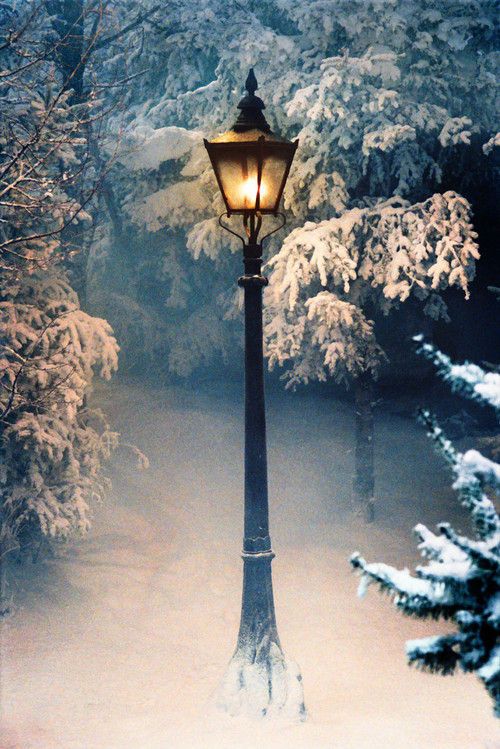It’s a few days before what we call Palm Sunday, the day Jesus came in to Jerusalem to the loud aclaim of the crowds of people. Jesus has told his disciples that the time for him to go to Jerusalem and die was drawing near. Judging by some of the things they said and did, they seem to have forgotten the part about dying. As the week goes on, Jesus continues to teach about the kingdom of God. He has raised Lazarus from the dead, further solidifying in the minds of many that he was the promised Messiah. Because of all this, the Jewish leaders are plotting to kill him.
I can imagine the excitement building in the disciples as they draw nearer to the city. It’s almost time for Passover, the annual celebration of Israel’s deliverance from bondage in Egypt. Some had been saying that when the Messiah came, he would lead a new Exodus and deliver Israel from theit bondage from the pagan Roman oppressors. This may have been at the forefront of the minds of some of the disciples. We know that some of them were zealots who would have gladly taken part in an armed revolt if Jesus gave the word.
Perhaps the feeling was similar to that of some of those who gathered at the U.S. Capitol on January 6. Many of those folks seemd to equate the United States, and the rule of a particular person, with the kingdom of God. Some of the loudest voices in the rally that day were preachers, and many of the symbols carried by those in the crowd were Christian symbols. “Prophets” abounded, each one assuring their listeners that God had ordained what they said was going to happen and that these things were necessary for God to bless America.
I wonder if there were those in the crowd following Jesus who proclaimed to those around them that this Jesus was going to lead them in a great battle in which the hated Romans would be destroyed and that they would “make Israel great again.” There were those who were quite willing to kill Romans, Jewish ‘traitors,” or anyone else who stood in their way. Perhaps this Jesus was going to begin the revolution.
As we study the New Testament, and at least the first 300 years of church history, we quickly notice that those who thought the kingdom of God would come in by force were way off. The kingdom was established, but it was established by the King submitting himself to the powers that be, letting them kill him in the most shameful, horrific way known at the time, and then overcoming them by rising from the dead.
Over the centuries, many who call themselves followers of Jesus seem to have forgotten that he taught that his kingdom is not a kingdom of this world, that it does not come by human strength or force. This is true in the United States today. Many of those with the loudest voices on January 6 were part of a group that believes that Christians should be in charge, and that the government should enact laws and policies that favor Christians above all others. Some would even go so far as to enforce Old Covenant law. The problem with this kind of thinking is simple. It has nothing to do with the Gospel or any of the teachings of Jesus.
Jesus taught that we are to first love God with every fiber of our being. We can easily say that we love God, but do we really? The second greatest commandment, according to Jesus, is to love others as we love ourselves. The Apostle John tells us that if we don’t love another, who is made in God’s image, how can we say we love God? If you were to read through or listen to the speeches that have been made regarding the political state of this country, I seriously doubt you would find much, if anything, that shows love to God or love to others. Instead you would find much vitriol and anger toward others.
If we going to call ourselves Christians (“Christ ones”), wouldn’t it make sense to look at what he taught, and what his disciples continued to teach, and follow that? The thrust of much of what the apostles wrote was to tell their readers to live like who they were. They weren’t citizens of this world anymore, they were citizens of a heavenly kingdom. The old had gone. The new had come. We too, need to live like who we are. We are no longer citizens of this world and its kingdoms. We are citizens and heirs of the unshakeable kingdom of God.
May our lives reflect who we are and whose we are.

